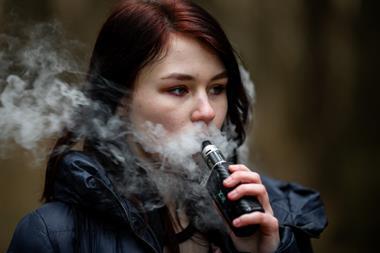Increased minimum age of sale for tobacco and retailer licences proposed to cut smoking rates

A report into smoking in England has suggested measures such as increasing the legal age to buy tobacco, raising duties on the category and introducing sales licences
ALREADY HAVE A REGISTERED USER ACCOUNT? PLEASE LOG IN HERE
To read the full story join the ConvenienceStore.co.uk community today!
Registration is quick and easy and provides access to:
- Unlimited ConvenienceStore.co.uk articles
- Our great range of newsletters
- Content you’ve saved for later via the ‘my library’ feature
And much more…































